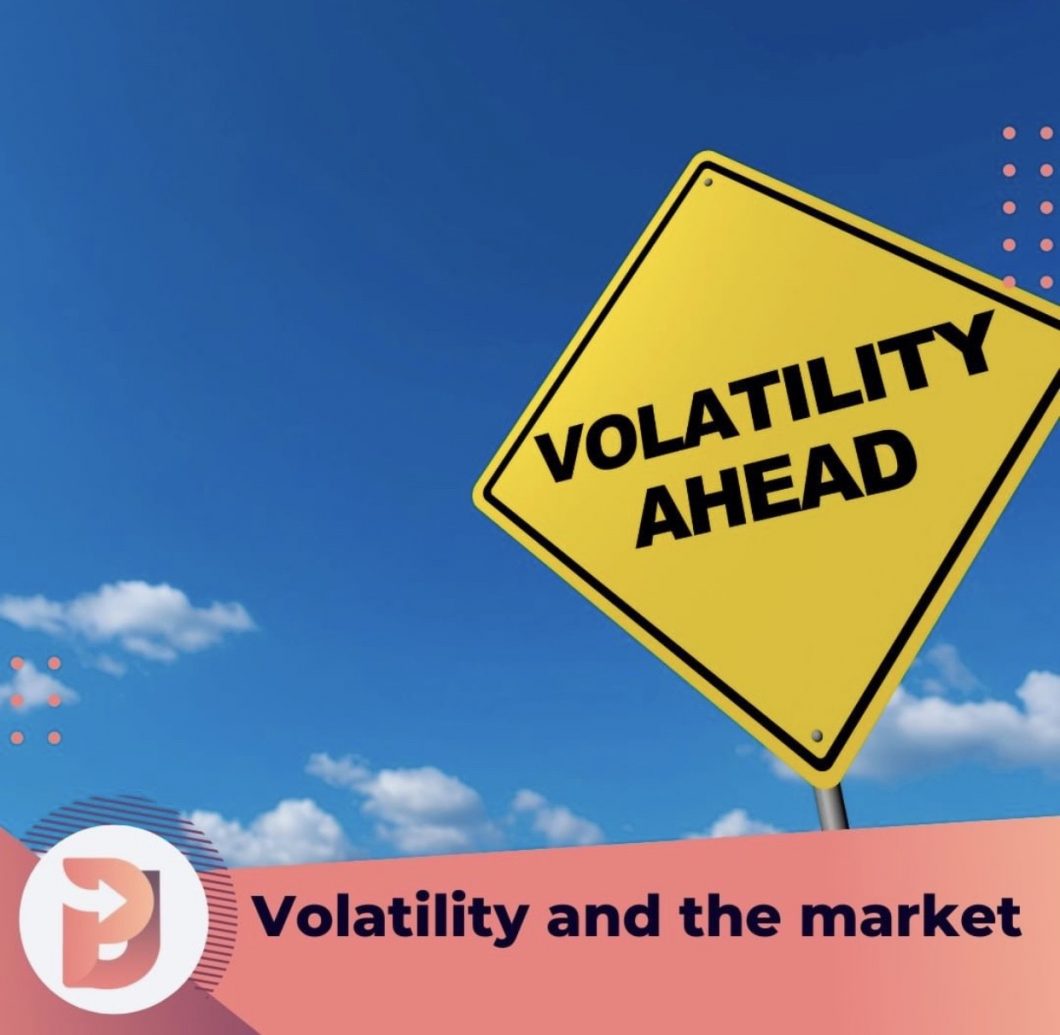If you’ve been in the investment market for the past two years, it’s not difficult to see how the current stock market conditions could be perceived as unusual. But for those who’ve dabbled in equities for at least 5 decades, your perspective may be different. To borrow from a colloquial phrase “experience teaches wisdom”. This is to say that the market conditions now aren’t particularly unprecedented in the strictest sense.
For example; the US stock market had one of its biggest crash in the fall of 2008 at the start of the financial crisis, the market didn’t fully recover from that fallout until 2013. But even before that, there was the Wall Street Crash of 1929 and Black Monday in October 1987 which represents one of the greatest one-day percentage declines in U.S. stock market history, to name a few. If these crises have taught us anything over the years it’s that markets have the propensity to bounce back from what may be perceived as the worst catastrophe of a particular time.
But that doesn’t mean that the stock market is insulated from periods of financial turmoil. In fact, during these events, there were noticeable instances of extreme volatility. However, the volatility did not last forever. In many cases, stocks that lost significant value at the height of the crisis eventually rebounded and started to pay significant dividends to shareholders who were fortunate to still have a stake in these companies. This is a testament to the nature of equities over the year.
Put simply, an underperforming stock today could easily turn into your most profitable asset tomorrow depending on the circumstances. But in order to reap these benefits, you have to develop an attitude of endurance. Practically, this could take the form of assessing economic conditions more thoroughly before selling off traditionally good performing stocks, especially in times of volatility.
At the same time, strategic investors will find those periods of volatility are the best time to sweep up high-valued stocks at cheaper than normal rates. This is because of high skepticism which often results in a market sell-off. In more cases than not the uncertainty which surrounds issues that are present in the market today [like inflation and interest rate hikes] contribute to an overall decline in market value during periods of volatility. Therefore, while the prospects may seem dismal right now history has proven that the stock market can withstand catastrophe.
In the meantime, it is important to note that adopting the right approach to investments during volatility could make the difference between optimizing or squandering years of sound equity decisions. To put things into context, projections are already showing that market conditions will eventually improve for those with the investment appetite to wait out the economic turmoil.
According to market research firm investors.com most economists expect a slowdown from 2021, but continued expansion. FactSet has reported that S&P 500 earnings are expected to grow 9% in 2022, well above the 10-year average of 5% but below the 45% surge estimated for 2021.

